Photo by Kim Siniz on Unsplash
Music can have a lot of benefits for growing kids. However, those benefits don’t come from sitting in music class and nodding along — kids have to engage with music actively.
If you’re considering signing your child up for music lessons, here are 10 of the benefits you can expect.
1. Teaches Patience
Playing an instrument means having to persevere through hours, days and possibly years of practice. Kids must have patience while learning to set goals. The violin is an instrument that can teach patience, as it takes practice just to learn how to hold the bow and get the strings to make a sound. When looking for a violin, remember they come in multiple sizes, so have your child properly fitted for one their size.
2. Creates Responsibility
Most instruments take maintenance to keep them looking and sounding like new, giving kids something to be responsible for. Kids also learn to follow a practice schedule, whether at home or attending lessons. For example, if your child shows interest in learning how to play the flute, teach them the responsibility to regularly clean their flute with a rod and cloth.
3. Boosts Self-Esteem
Learning an instrument provides kids with an outlet to practice, listen to feedback, make adjustments and see positive changes. As they improve, they will build confidence and boost self-esteem. The piano makes a great example, as it's an instrument often used for putting on a performance. If your child is interested in playing piano, consider which model will work best in your home. While a grand and baby grand piano sound similar, smaller pianos produce less volume and tend to sound sharper.
4. Improves Reading Skills
To play an instrument, kids will improve their comprehension by learning to play sheet music, which requires identifying a note on the page and associating it with the pitch on their instrument. As their skills develop, they will start to read and play more fluidly. For a child playing the trumpet, which only has three pistons to control air flow and create notes, they will have to read music while also using hand combinations to create specific notes.
5. Exposes New Cultures
Music is a reflection of history. When you expose children to music, you teach them about jazz, blues, baroque and even zydeco cultures. Through these cultures, kids can develop a greater appreciation for their instruments. For a music and culture combo lesson, consider the sitar, an instrument similar to a guitar — though it only has three strings — with origins that date back centuries ago to northern India.
6. Enhances Coordination
Playing an instrument means the brain has to work quickly and efficiently. Kids have to concentrate on reading music and converting the notes into the physical motion of playing. As a result, kids can significantly improve their hand-eye coordination. The trombone makes a good example — instead of keys or strings, a trombone’s slide tube has to be moved to the right position at the right time to achieve the correct note.
7. Promotes Math Skills
Playing an instrument seems creative and often groups in with promoting a kid’s artistic side. But music also holds parallels to math, allowing kids to think critically and develop their problem-solving skills. Kids will have to count, understand beats, listen to scales and play with the rhythm, all of which are measured in numbers. The drums make an excellent example, as timing is crucial to make the right sounds and create a cohesive tempo. Kits are expensive, so start your child off with a used or starter set.
8. Encourages Self-Expression
Children who learn to play an instrument have an outlet for creativity and making their own choices, something which fosters self-expression. Music is one of the ways children can easily express emotions they may feel too uncomfortable or unable to talk about. One example of this is the saxophone, a jazz instrument known for tugging at the heartstrings. By learning to play an instrument, kids can convey their emotions in a healthy and productive way.
9. Increases Memory Capacity
As we age, it's common to forget little things. But kids can effectively improve memory skills at a young age by learning to play an instrument. Music teaches kids to effectively create, store and retrieve memories, similar to a workout for the brain. Consider enrolling your child in lessons to learn the guitar. They will have to memorize which strings correspond with which notes and how to play chords with specific hand positions.
10. Aids Social Skills
While playing an instrument can be a great solo activity, it’s also a way kids can band together and develop healthy social habits. Whether your child wants to start a rock group with their friends or join the school band, they’ll learn how to respect their peers as they listen to others play. Instruments that play well with others include the clarinet, tuba, cello, and bass.
The Benefits of Learning an Instrument
Ultimately, the instrument you and your child choose should depend on several factors. Not just what you hope to gain from the experience but also what your child enjoys. Do they gravitate toward the guitar? Do they like the sound of an oboe? Get them started by finding an instrument which naturally piques their interest.

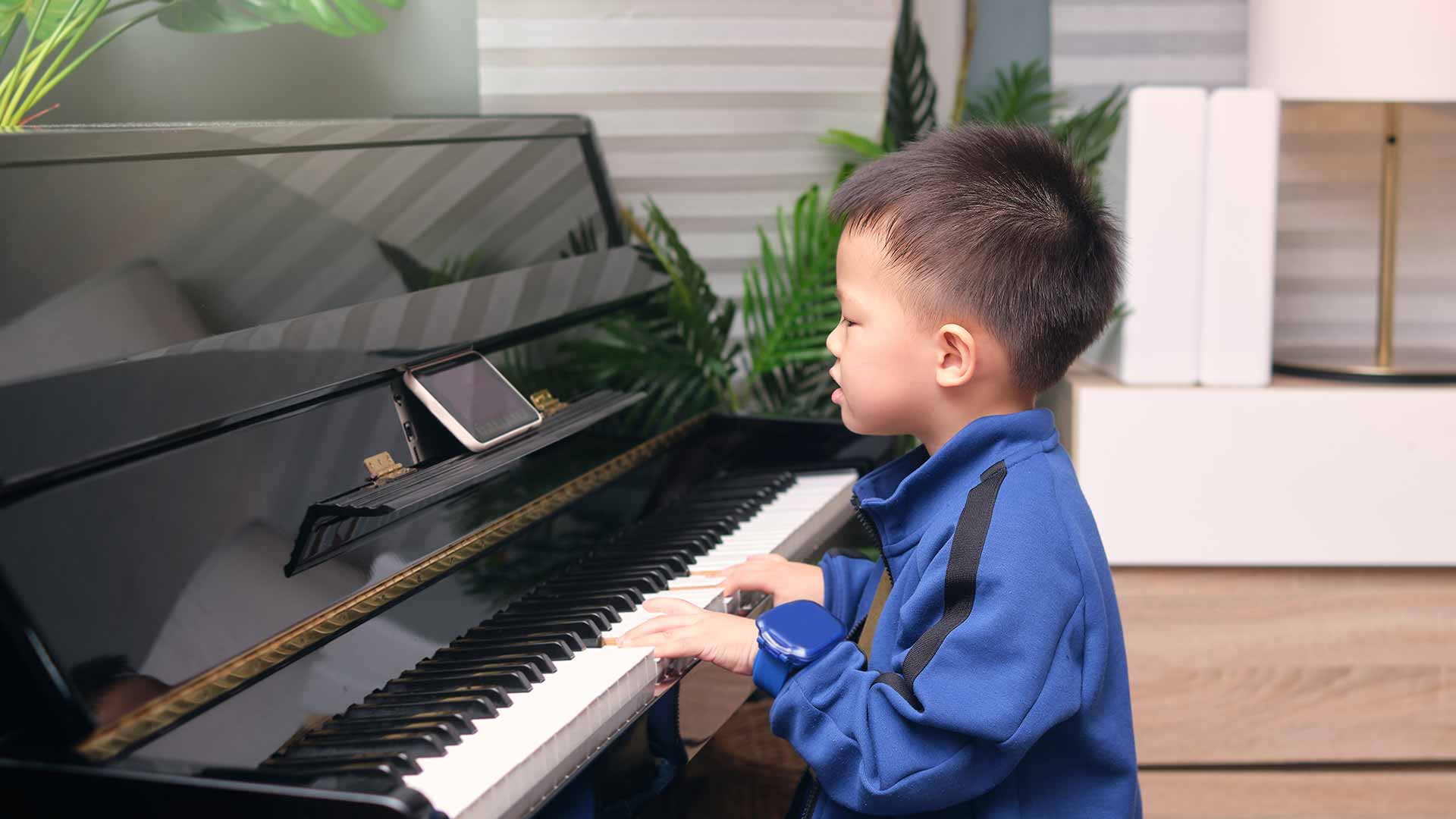

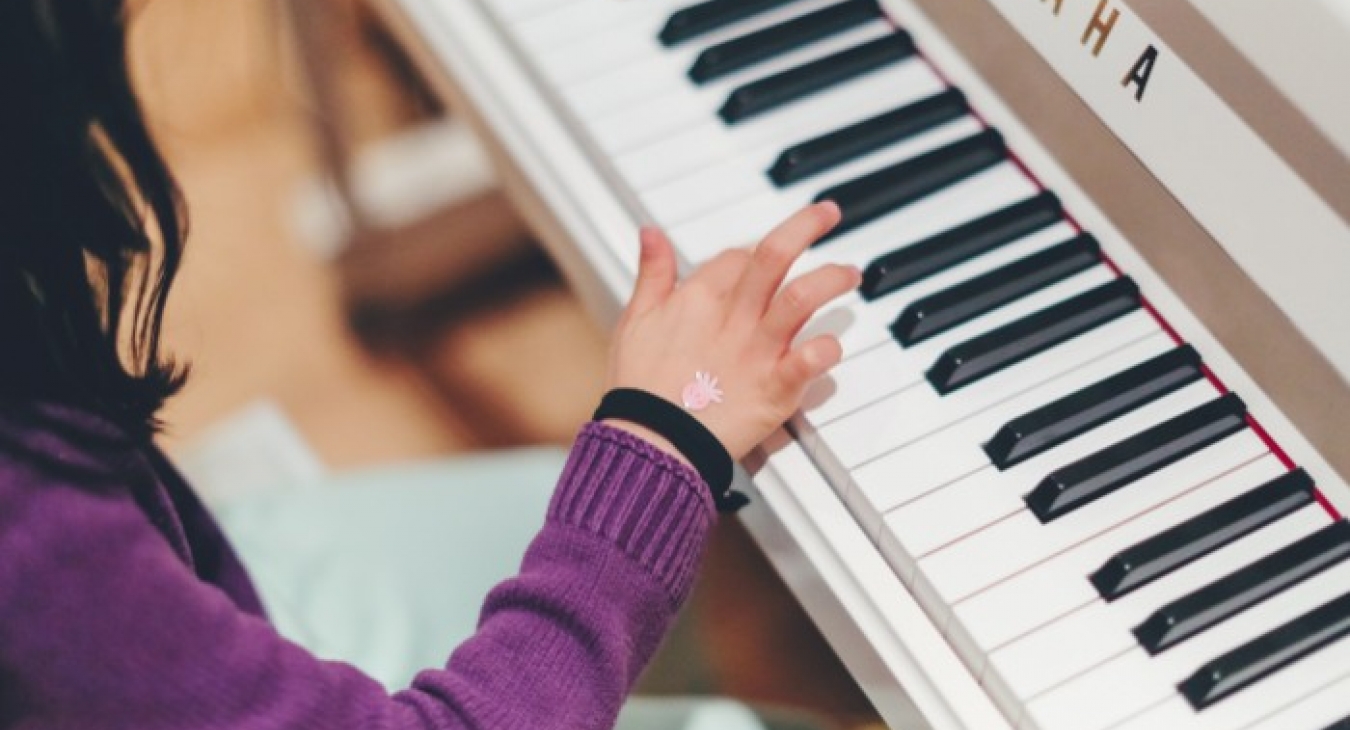

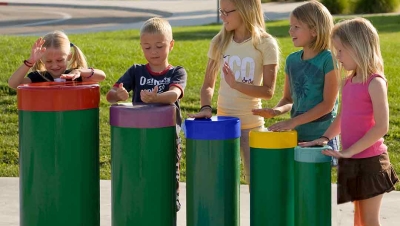


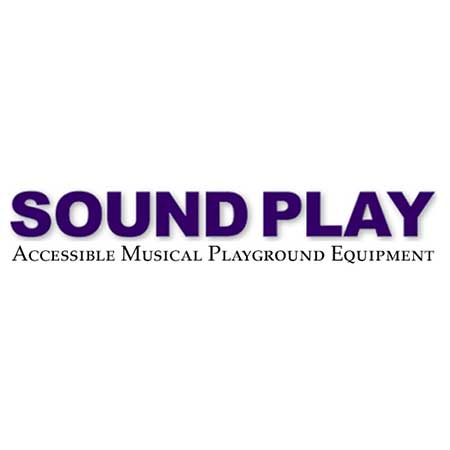

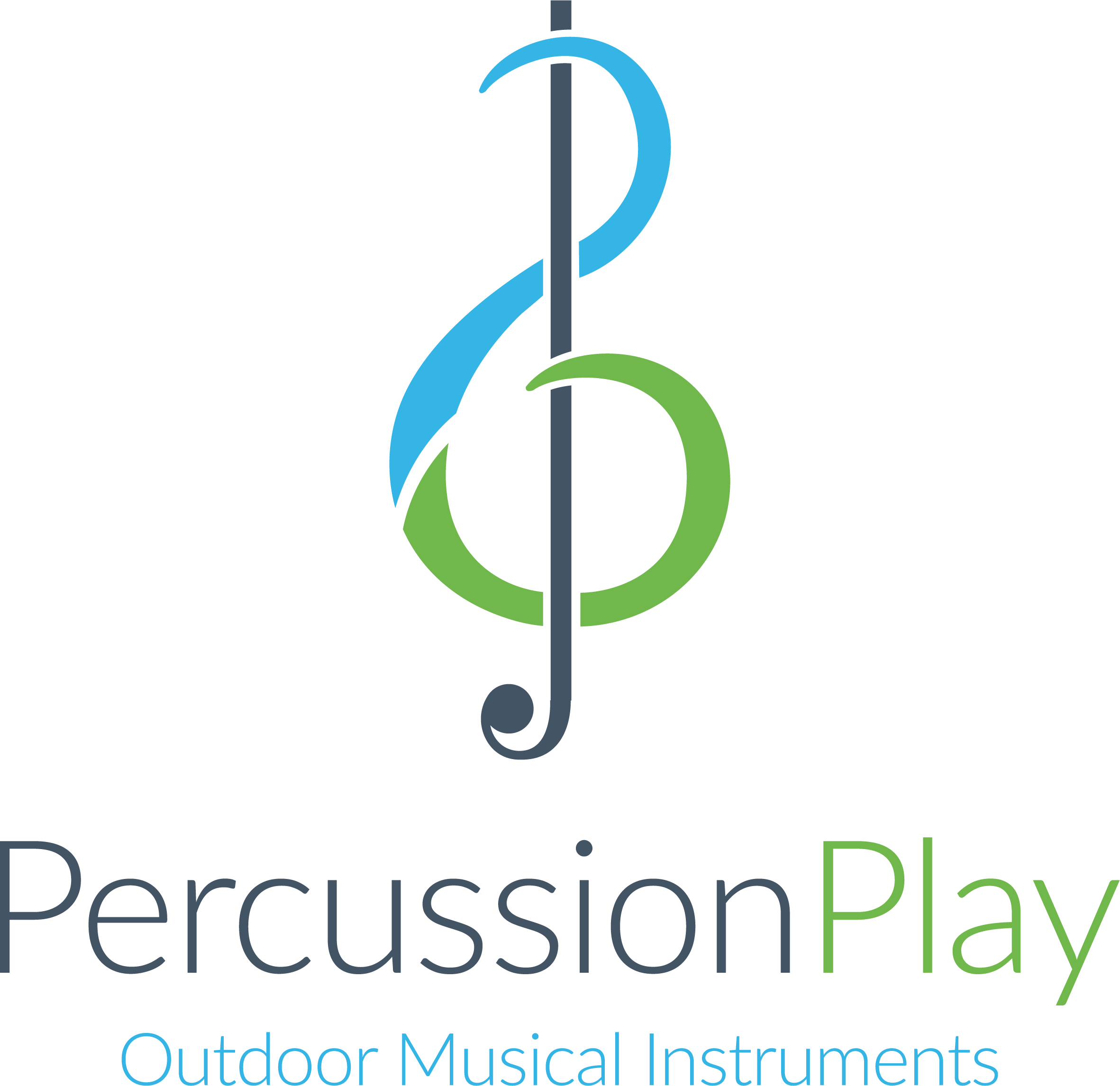

Wow, this is interesting and
Wow, this is interesting and I'm glad to hear about all of this wonderful benefits of music.
yea
yea
awesome, big help
this was an amazing list and helped my work, thank you Kacey Mya
nothin
this really helped my debate! thanks!
Add new comment